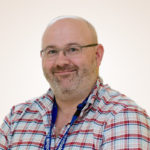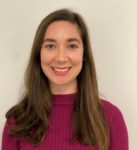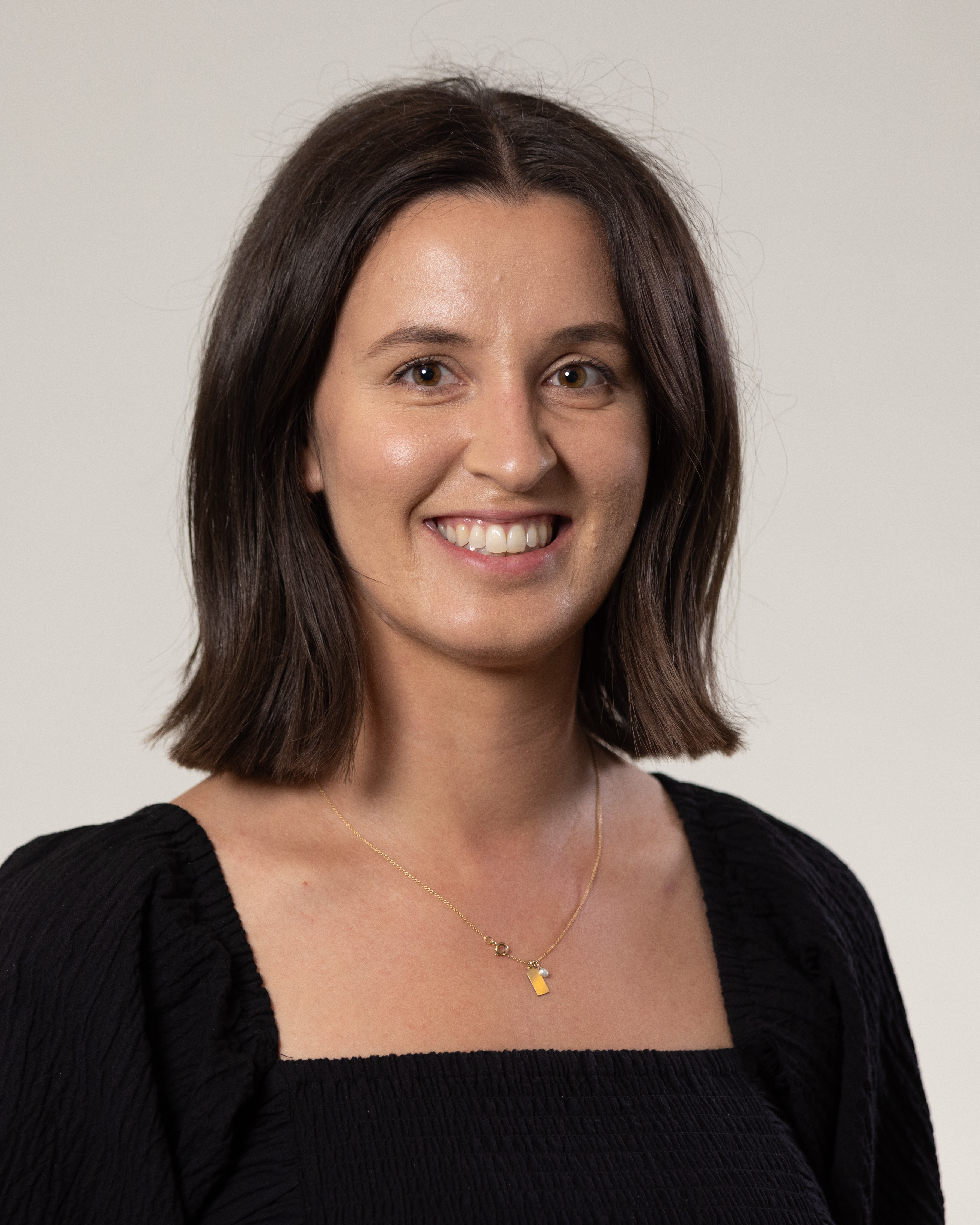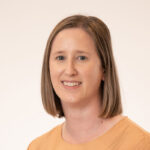Associate Professor Michael Penniment AM - Medical Director/Radiation Oncologist
Associate Professor Hien Le - Radiation Oncologist
Associate Professor Peter Gorayski - Radiation Oncologist
Dr Frank Saran - Radiation Oncologist
Dr Hui Tee - Radiation Oncologist
Dr Ashwathy Mathew - Hospital Research Foundation Bragg Fellow
Associate Professor Jordan Hansford - McClurg Brain Cancer Fellow
Associate Professor Scott Penfold - Lead Medical Physicist
Associate Professor Alexandre Santos - Medical Physicist
Dr Michael Douglass - Medical Physicist
Julia Green - Clinical Implementation Project Manager
Kelly Skelton - Registry Project Manager & Communications Officer
Melanie Penfold - Principal Radiation Therapist
Mikaela Doig - Research Radiation Therapist
Rosanna Crain - Comparative Planning Radiation Therapist
Emma Shierlaw - Comparative Planning Radiation Therapist
Amber Murray - Senior Data Manager















 Emma Shierlaw is one of our Comparative Planning Radiation Therapists at the Australian Bragg Centre for Proton Therapy and Research (ABCPTR). She has more than 14 years’ experience as a Radiation Therapist in the Department of Radiation Oncology at the Royal Adelaide Hospital (RAH).
Emma Shierlaw is one of our Comparative Planning Radiation Therapists at the Australian Bragg Centre for Proton Therapy and Research (ABCPTR). She has more than 14 years’ experience as a Radiation Therapist in the Department of Radiation Oncology at the Royal Adelaide Hospital (RAH).